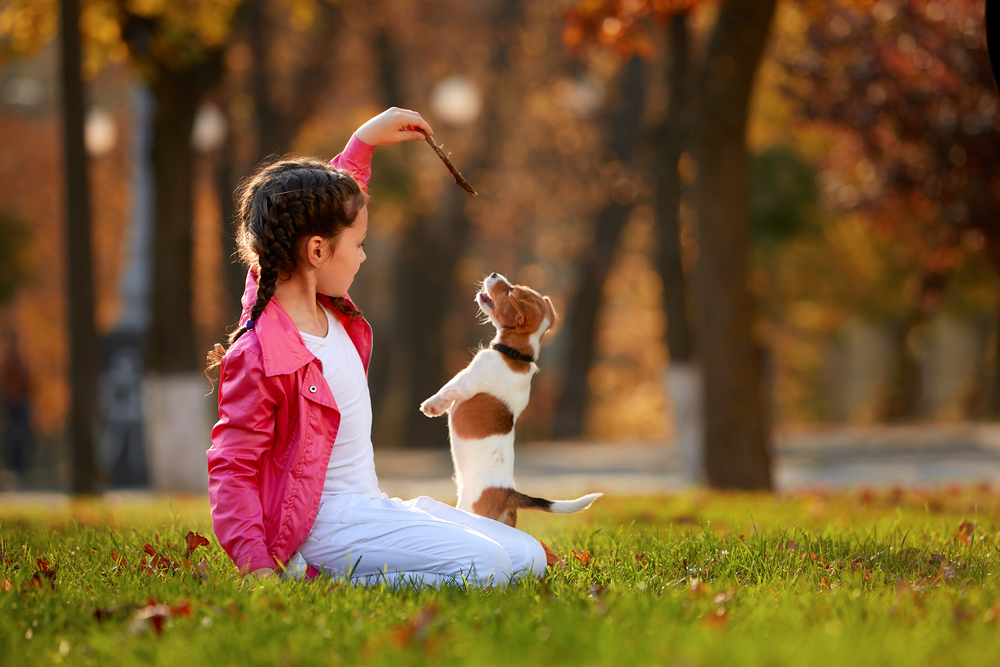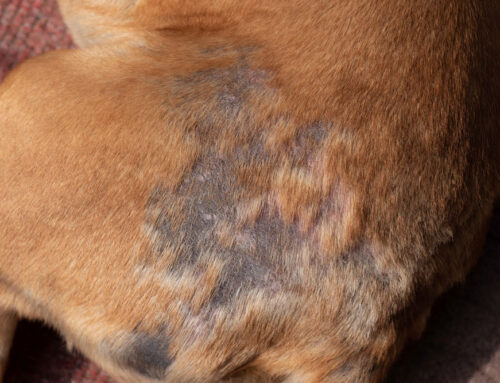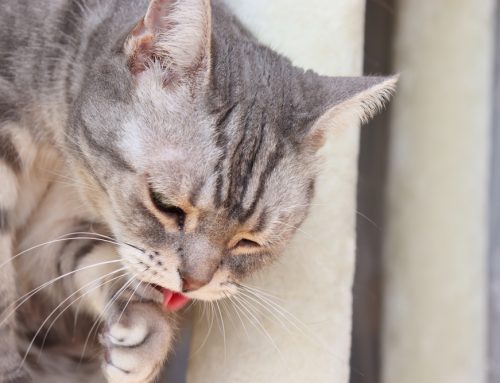Few things are as exciting as bringing home a new puppy. From choosing the perfect name, to enjoying the constant cuddles, and looking forward to lifelong companionship, what’s not to love? Raising a puppy surely brings amazing rewards and the path through puppyhood—and all of its ups and downs—is 100% worth it. To ensure your puppy starts off on the right paw, here are Tidmore Veterinary Hospital’s top five secrets to puppy success:
#1: Aim for good puppy nutrition
Your top priority before bringing home your new four-legged friend is to pick a high quality puppy food. A good, nutritionally balanced food will not only help your new puppy grow and thrive, but will also help keep their coat shiny, and their digestive system in working order. Many new puppy owners leave their pets on the same food they were eating at the shelter or with the breeder. This is often fine, but if you decide to switch your puppy’s food, do so gradually, over at least several days, to allow their digestive system to adapt.
Not sure which food to choose? Look for a well-researched brand that follows the Association of American Feed Control Officials (AAFCO) standards, and always choose a food labeled specifically for puppies during their first year. And remember, the most expensive foods are not necessarily the best ones for your pup. If you’re still unsure, our veterinary team is happy to help you with this important decision.
#2: Get the right puppy gear
You don’t have to spend a fortune on puppy products, but you will need various items that will help during the first year and beyond. Put the following items on your pet store shopping list:
- Collar and leash — If your puppy is brachycephalic (i.e., flat-nosed), steer clear of neck collars and opt for a chest harness. A flat, woven leash or slip lead works well for most puppies during their first year.
- Food and water bowls — If your puppy is allergy prone, you may choose ceramic or stainless steel bowls over plastic ones.
- Toys — Choose a variety of items and textures such as balls, rubber chews, and plush, squeaky, and puzzle toys.
- Bedding — If your pet won’t be allowed on furniture, ensure they have a couple of their own cozy, comfortable places.
- Grooming supplies — Depending on your puppy’s breed, you’ll likely need at least a brush, shampoo, dental kit, and nail clippers. Other items may include ear cleaning solution or various combs and brushes.
- Training treats — These tiny, bite-sized morsels are perfect for obedience training, so ensure you stock up during the first year.
#3: Socialize, socialize, socialize your pup
One of the most common reasons for pet relinquishment is ill behavior. But, much to many pet owners’ surprise, many undesirable canine behaviors can be avoided with a few important interventions. A puppy’s vulnerable social period begins at birth and becomes most sensitive between 7 and 12 weeks of age. For healthy social development, dogs need exposure to different environments, people, and other dogs, and the timing is crucial. According to the American Animal Hospital Association, only one-third of puppies were receiving exposure to people and dogs outside the home during critical periods for development. The tricky part is that a puppy’s prime social period is also their most vulnerable, since they are not fully immunized until roughly 16 weeks old. Work with your Tidmore veterinarian to find a healthy balance for your puppy.
#4: Start training your puppy right away

It’s never too early to begin obedience and house training, but you’ll likely need to adjust your expectations along the way. Younger puppies will require more patience and won’t be able to learn complex commands from the get-go. They also don’t have the muscle development required to hold their urine or bowels for extended time periods. Set your puppy up for success by providing frequent outings for potty breaks, and offering a reward each time the deed is done appropriately. Start with simple obedience commands, and remember that repetition and patience are key. Perhaps one of the best ways to begin training is to sign them up for a puppy training class where they can socialize with other young dogs in a controlled setting. However, your puppy must be vaccinated before they can be enrolled.
#5: Book an appointment with Tidmore Veterinary Hospital
One of the most important things you can do for your new puppy? Get them the veterinary attention they need and deserve. Puppies require several veterinary visits during their first year of life for vaccinations and deworming, and to ensure proper growth and that they have no congenital conditions. If your pup isn’t already spayed, neutered, or microchipped, we will discuss this option with you during one of your visits as well.
As a new puppy owner, we know you’ll have questions. Don’t ever hesitate to call, or come to your puppy’s first visit prepared to talk with our Tidmore Veterinary Hospital team about your new bundle of fluff—we can’t wait to meet them.








Leave A Comment